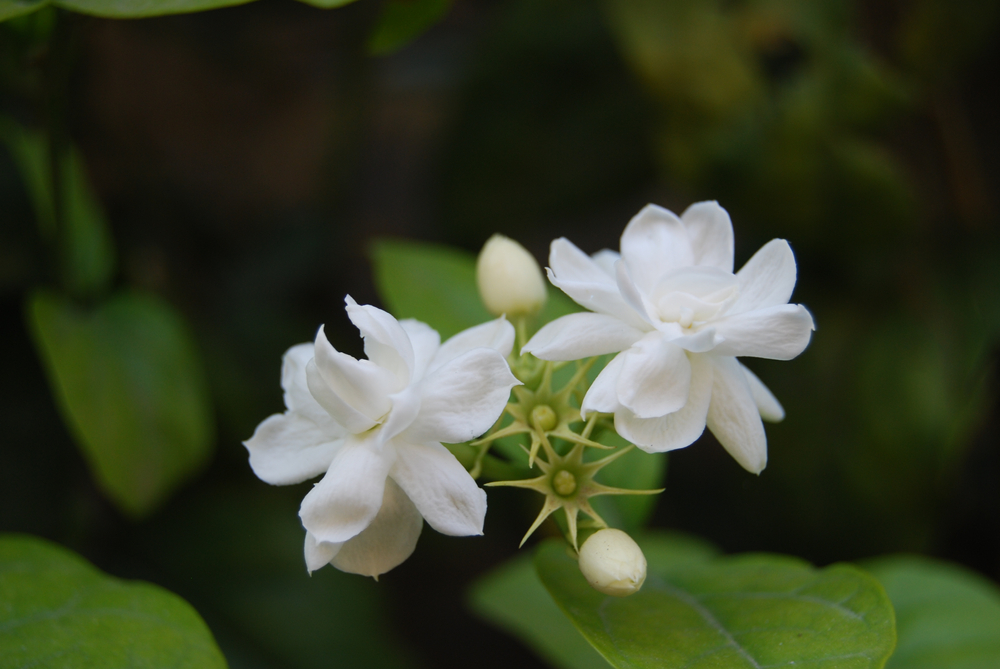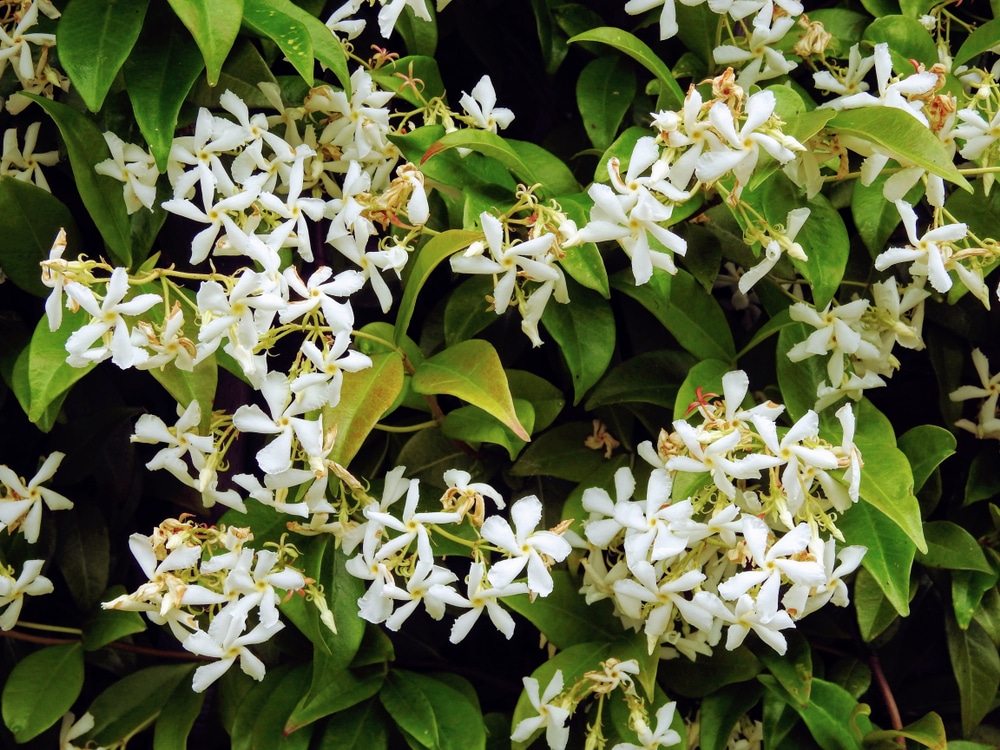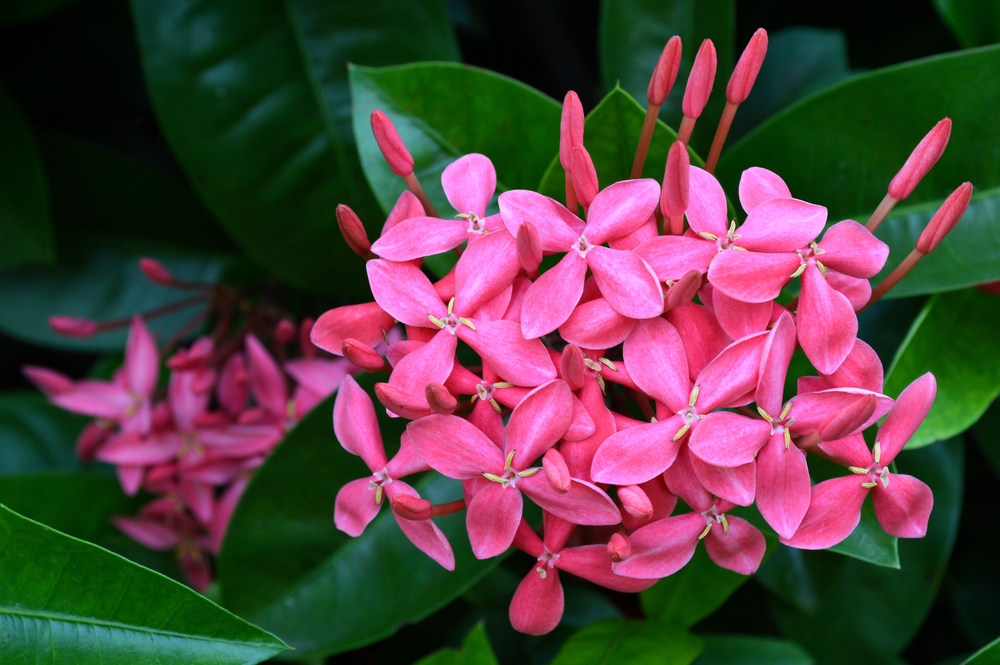The uniquely alluring scent of a Jasmine flower is like nothing else. Most of us can decipher the aroma even when mixed with others. Jasmine’s delicate, almost fragile appearance may be why there are so many different reasons people look to Jasmine as a symbol for things and ideals that they hold dear. This article will answer the question, ‘what does Jasmine flower symbolize?’
Themes Jasmine Conveys
Across different cultures and places where the flower is common, Jasmine has become a symbol for many things. When giving flowers of planning an event, Jasmine is favored to represent:
- Beauty
- Love
- Sensuality
- Purity
- Honor
- Respect
- Good Luck
The delicate white flowers and their fragrance are related to these ideas almost universally. In religious ceremonies like baptisms, the fragrant blooms symbolize purity.
Jasmine is used in weddings to celebrate love and purity. And it is given to a beloved as a sign of adoration and affection. Jasmine’s association with intimacy comes from the night-blooming nature of the plant, as night is usually the most intimate time for those in love.
Cultural Symbolism
Different groups of people assign a culturally relevant symbolism to Jasmine flowers. People from many different backgrounds use Jasmine with a significant purpose. Numerous countries have even named Jasmine the national flower, as it grows throughout the Asiatic regions robustly. It is seen as culturally paramount in many cultures associated with Asian cultures. Jasmine holds special meaning in:
- Thailand
- India
- Pakistan
- Philippines
- China
- Java
- Damascus
In India and Indonesia, Jasmine is woven into intricate garlands for weddings. Indonesia, the Philippines, Tunisia, Pakistan, and the city of Damascus are places that use Jasmine as a national flower. And in Pakistan, they use it in many religious ceremonies for the purity it represents.
Some cultures even carry a jasmine blossom in a pocket all day. This practice is said to bring the carrier good luck, positive energy, and tranquility. The flower is part of funeral rites across many Asian cultures for the symbolism of peace and how that relates to death.
Different Colors of Jasmine
Jasmine typically comes in a range of whites, yellows, and pinks. With over 200 varieties of Jasmine, they come in every shade of these colors. Each of them with specific associations attached.
White
This is the most common and well-known color that Jasmine will produce. White is representative of innocence, purity, and virginity, which lends to use in religious ceremonies and weddings. White is given to mothers or matriarchs as a symbol of honor and respect.
Yellow
This color of Jasmine is a flower to give as a “get well soon” bouquet. The yellow blooms represent feelings of happiness or optimism, making them a great way to cheer someone up or brighten their day. Yellow Jasmine can also symbolize elegance or grace, a great gift for a mother-in-law.
Pink
Pink Jasmine represents femininity, new love, platonic love, and modesty, which is why it is often given to women to symbolize womanhood.
Blue
The rarest color of Jasmine, blue flowers symbolize unconditional honesty and complete trust. These are given to show commitment and deep, undying affection.
Final Thoughts on the Meaning of Jasmine
Jasmine is a flower whose intoxicating fragrance is a juxtaposition to the delicate bloom’s physical appearance. They symbolize many things. A giver can choose from the various colors of the bloom depending on what message they want to convey to someone else. Overall this unique flower represents a special feeling that we should stop and pay greater attention to before we lose them. You may also like to find out what lavender symbolizes.


